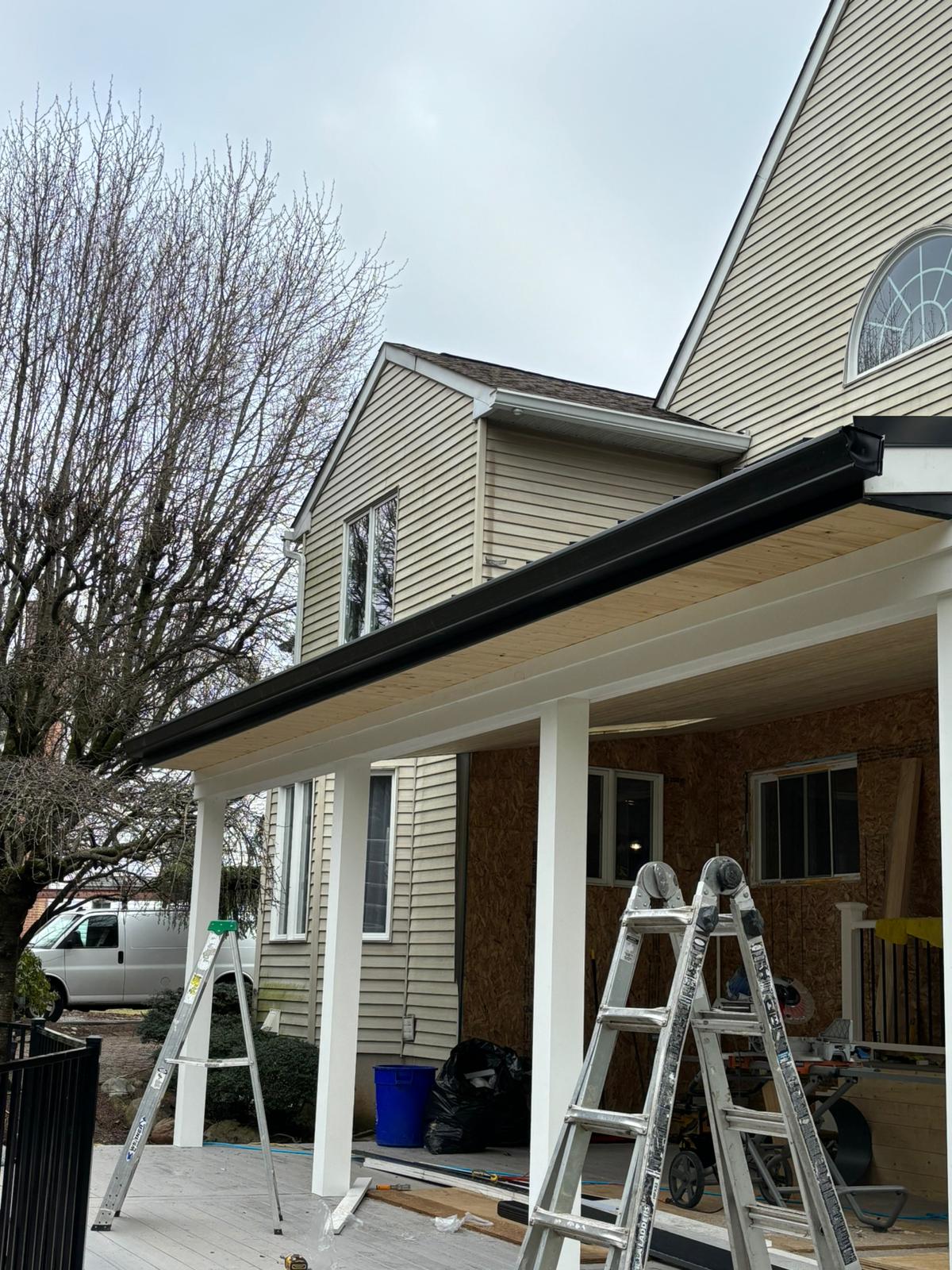Choosing the Right Skylight for Your New Jersey Home: Natural Light Solutions

Skylights are a popular feature in many homes, offering an abundance of natural light and enhancing the overall ambiance of interior spaces. However, choosing the right skylight for your New Jersey home requires careful consideration of various factors, including size, placement, and energy efficiency. In this article, we’ll explore the different types of skylights available and provide tips for selecting the best option for your home in the Garden State.
1. Types of Skylights: There are several types of skylights to choose from, each offering unique features and benefits:
- Fixed Skylights: These skylights are stationary and cannot be opened. They are ideal for providing additional natural light to a room without ventilation.
- Ventilating Skylights: Also known as operable skylights, these units can be opened to allow for air circulation and ventilation. They are suitable for rooms that require both natural light and fresh air.
- Tubular Skylights: Tubular skylights are smaller in size and are designed to capture natural light from the roof and funnel it into the interior space through a reflective tube. They are ideal for smaller rooms or areas with limited roof space.
2. Placement and Size: When selecting a skylight for your New Jersey home, consider the placement and size carefully. Skylights should be strategically placed to maximize natural light while minimizing heat gain and glare. Additionally, the size of the skylight should be proportional to the size of the room and the amount of natural light required. Larger skylights are suitable for larger rooms or areas with high ceilings, while smaller skylights may be sufficient for bathrooms or hallways.
3. Energy Efficiency: Energy-efficient skylights can help reduce heating and cooling costs by minimizing heat transfer and preventing air leakage. Look for skylights with low-emissivity (low-e) coatings and insulated glazing to improve thermal performance and UV protection. Additionally, consider installing skylight shades or blinds to control light levels and reduce heat gain during the summer months.
4. Roof Pitch and Orientation: The pitch and orientation of your roof will also influence the performance of your skylight. Ideally, skylights should be installed on a roof with a pitch that matches the angle of the sun’s rays to maximize natural light penetration. Additionally, skylights facing north will provide consistent, diffused light throughout the day, while those facing south will receive more direct sunlight and may require additional shading.
5. Professional Installation: Proper installation is essential to ensure the performance and longevity of your skylight. Hire a reputable roofing contractor with experience in skylight installation to ensure that the skylight is installed correctly and securely. A professional installer can also help you select the right type and size of skylight for your home and ensure compliance with local building codes and regulations.
In conclusion, choosing the right skylight for your New Jersey home involves careful consideration of factors such as type, placement, size, energy efficiency, and professional installation. By selecting the appropriate skylight for your needs and working with a qualified contractor, you can enjoy the benefits of natural light while enhancing the beauty and comfort of your home in the Garden State.

